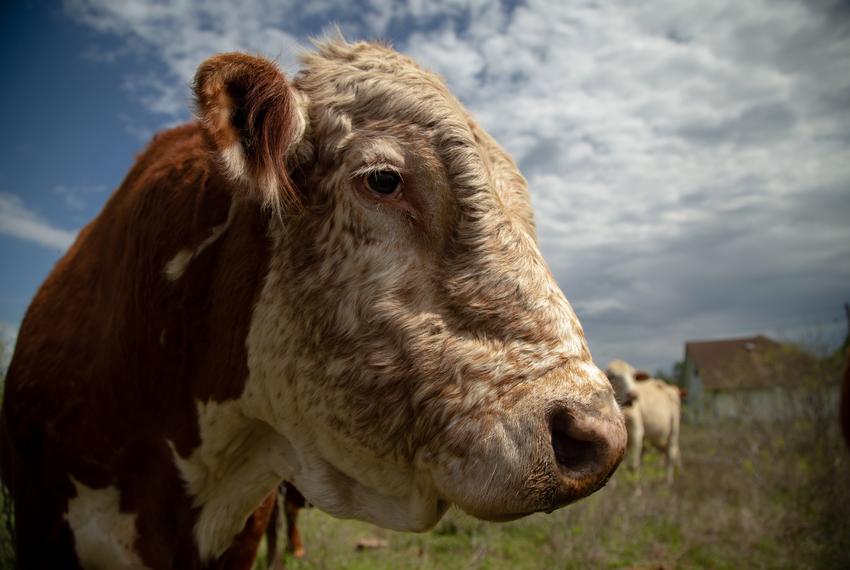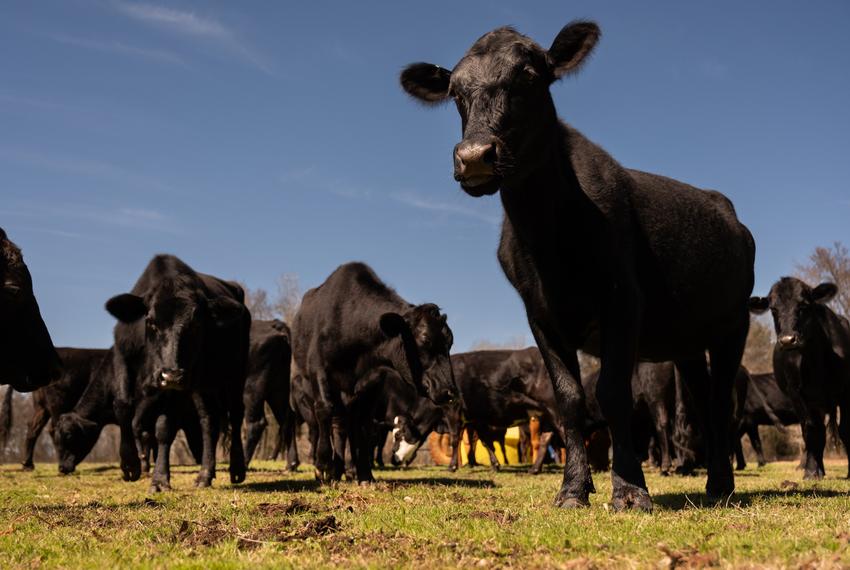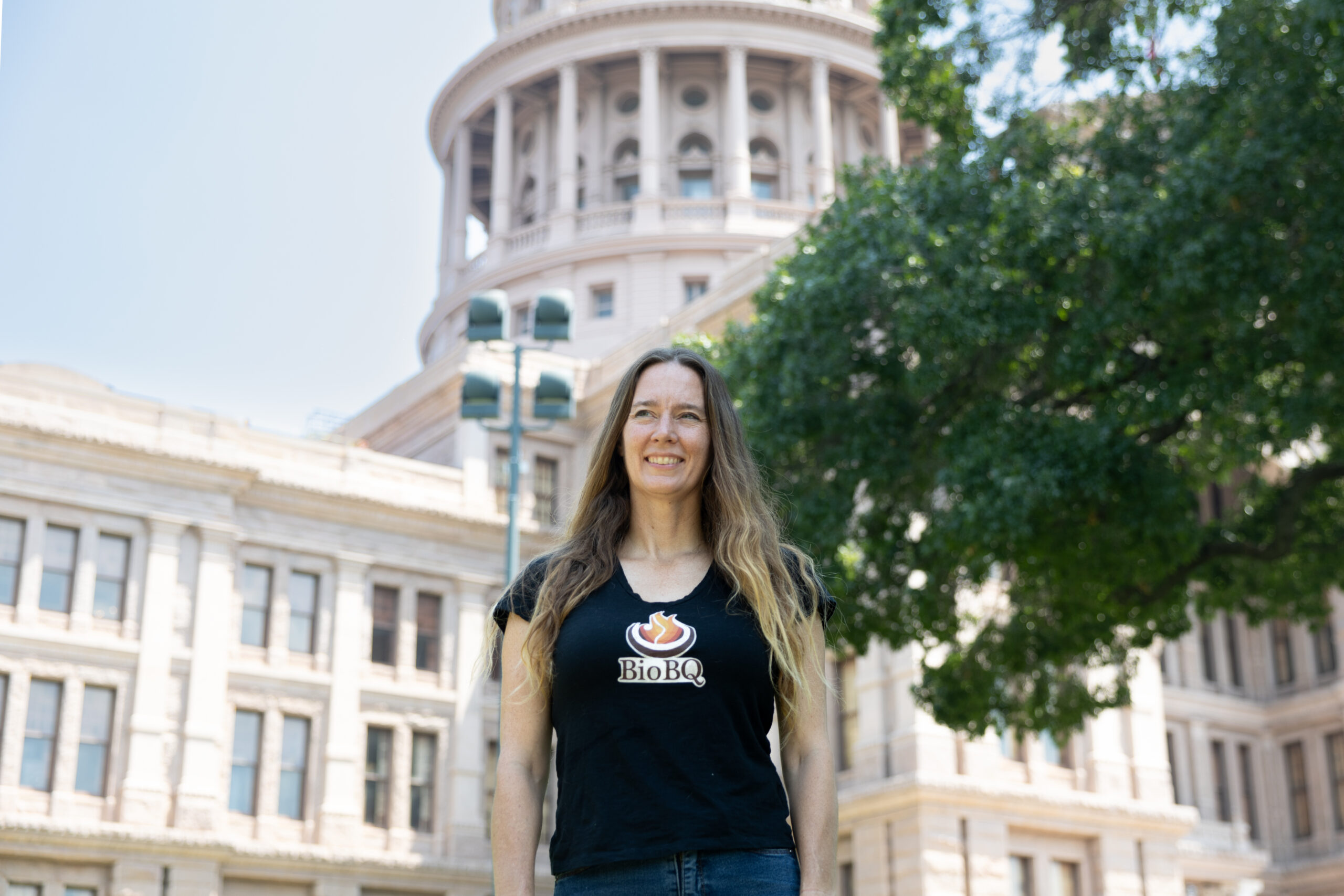Texas’ ban on lab-grown meat raises the cost of doing business-expect market fragmentation, delayed launches, and capital reallocation
Texas enacted a two-year moratorium on cultivated (lab-grown) meat effective September 1, and Upside Foods and Wildtype Foods sued state officials the next day to block it. For executives, this isn’t a niche food fight-it’s a signal that alternative proteins now face a state-by-state regulatory patchwork that will slow go-to-market, defer investment, and complicate supply chains across retail, foodservice, and CPG.
Executive Summary
- Revenue timing risk: A growing patchwork of bans (Texas joins six other U.S. states and Italy) delays market access and forces companies to reroute pilots, partnerships, and marketing spend.
- Capex and siting: Production facilities, distribution hubs, and co-manufacturing plans will shift toward permissive jurisdictions (e.g., Singapore, Australia, Israel; select U.S. states), raising costs and lead times.
- Competitive advantage: Early movers that adapt GTM, labeling, and government-relations strategies will capture limited shelf and menu real estate while rivals wait out the courts.
Market Context: A nascent industry meets policy headwinds
Texas’ moratorium lands as cultivated meat inches from pilots to early commercialization. In the U.S., only a handful of companies currently have clearance to sell limited products; availability is mostly via pop-ups and select high-end restaurants. Upside Foods received U.S. go-ahead in 2022 for cultivated chicken; Wildtype recently began limited cultivated salmon sales. Industry backers argue the bans aim to “kill the cultivated-meat industry before it gets off the ground,” while ranching groups frame moratoriums as time to install “checks and balances” and clarify labeling (per testimony cited by the Texas Tribune). The lawsuit filed September 2 names Texas health officials and raises the stakes on preemption and commerce questions that could set nationwide precedents.

Strategically, expect a red-blue regulatory divide similar to cannabis or gig-work rules: permissive markets become test beds and demand hubs, while restricted states push consumers toward traditional meat or plant-based alternatives. For climate-focused portfolios, delays slow the potential emissions benefits from livestock displacement (livestock accounts for roughly 10-20% of global climate pollution).

Opportunity Analysis: Where to play and how to win
- Geofenced GTM: Concentrate launches in friendly jurisdictions; build foodservice-led beachheads (chef partnerships, limited-time menus) to grow trial and premium positioning.
- Portfolio hedging: Emphasize cultivated fats, collagen, and hybrid products with conventional/plant bases to navigate definitions in “meat” bans and meet cost targets sooner.
- Regulatory strategy as a capability: Treat government affairs and labeling design as core product workstreams; prepare for Dormant Commerce Clause and federal preemption outcomes that could rapidly reopen closed markets.
- Supply-chain optionality: Dual-source bioprocess inputs; contract co-manufacturing outside restricted states; include regulatory-escape clauses in distribution and retailer agreements.
- Retailer and QSR alliances: Secure early shelf/menu commitments in permissive markets to lock in discovery and data advantages while competitors pause.
Action Items: Move now to protect timelines and valuation
- Re-cut 12-24 month GTM: Shift pilots, influencer/chef activations, and retail resets to permissive states and abroad; update revenue guidance and inventory plans.
- Capex and siting: Freeze or relocate facilities and cold-chain nodes exposed to bans; prioritize sites with clearer rules and incentives.
- Contract hygiene: Add force majeure/regulatory clauses with distributors and foodservice partners; define recall and relabel protocols.
- Labeling and comms: Pre-test “cultivated”/“cell-cultured” labels and safety FAQs; coordinate messaging with retailers to minimize consumer confusion.
- Legal posture: Budget for multi-year litigation; scenario-plan for swift market reopenings following injunctions or rulings.
- Investor relations: Update risk factors, burn runway, and milestones; highlight diversification across geographies and product types.
Sources: Company statements; Texas legislative actions; Texas Tribune reporting on stakeholder testimony; industry data from the Good Food Institute.

Leave a Reply